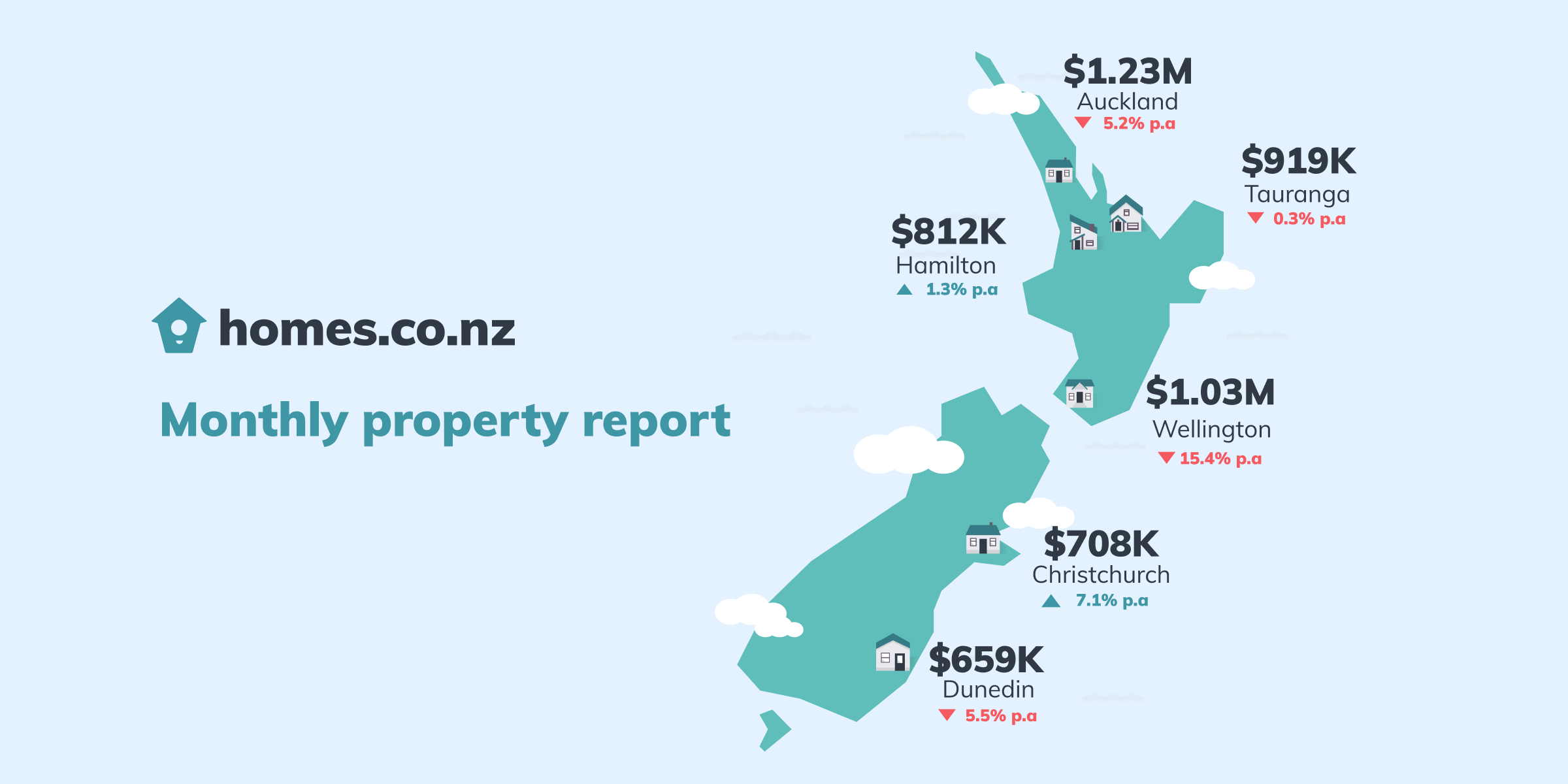
Getting the absolute best price for your home is essential – you can only sell it once. So what’s the best method? Auction, tender or fixed price?
To find out why one method might be used over another, homes.co.nz spoke with three top estate agents across the country to get the facts and help you make the best decision.
Auckland is well known as being the home of auctions with tenders a distant second-best and few homes marketed at a fixed-price. “Let the market decide” is the catchcry of most Auckland real estate agents. Karl Vermeulen of Harcourts Howick is no different; unless circumstances dictate otherwise. He says that after explaining to clients the three main options for marketing a property his vendors frequently choose the auction route. “Generally it’s what they’re comfortable with,” he says. “If we feel that a property lends itself to an auction I will recommend that, but if an area is awash with hundreds of homes for sale – then I might suggest a fixed price campaign.“The price will be based on local sales so it reflects the market. It depends on the vendor and how motivated they are. “Auctions are popular though because they help ensure a home sells for its true value on auction day.”One thing has changed though, says Karl. Auctions are running the full term of their campaign with pre-auction offers being a rarity – unlike two years ago.
While auctions are often promoted as being a transparent option for sellers and buyers; Ray White real estate agent and registered valuer Ben Stevens says Wellingtonians prefer tenders for the opposite reason. “If a property is passed in at auction then it can leave a little bit of a stigma on the property,” he says.“A tender is private and the seller doesn’t need to accept any offer. It is all confidential. It gives the vendor some protection if their home doesn’t sell.” He says buyers in the capital are also happier putting in a quiet tender for a home than putting their hand up at an auction. “In part, it is due to the conservative nature of the city’s population,” he says. “They are not flashy people, they like to keep things close to their chest.” A tender means each potential buyer needs to put in their best offer, but it’s not all down to money. “Sometimes a cash buyer offering a lower amount might be preferred by the seller over someone paying more, but are yet to sell their current home.” Another reason Ben likes the tender process as that it allows him to see each sale through to the end; and not – as with an auction – hand the sale over to someone else at the final hurdle.
In Christchurch, Cameron Bailey of Harcourts sees room for fixed-price marketing campaigns, but only after solid price feedback from potential buyers. And that feedback will likely come at an auction. “The biggest mistake you can make in real estate is pricing a property too soon,” he says. He points to the owner of a home he was marketing who would have been happy with $800,000 and wanted a fixed-price campaign. But Cameron’s advice was to take it to the auction. Under the hammer, it sold for $982,000 thanks to nine bidders. “Everyone sees value at different levels,” he says. “So let the market decide is always going to be the best process, and the right price will take care of itself. “I think if you’ve lived in Christchurch for a little bit, you know that most of what is sold goes through an auction process.” He also says that 15 years ago – when he started in real estate – auctions were reserved for premium properties. “But they’re used across the board now,” he says.
Whatever method you decide to use to sell your home, be sure to look at all the options, take advice from a trusted real estate professional, and keep in mind the market conditions in your part of the country.


